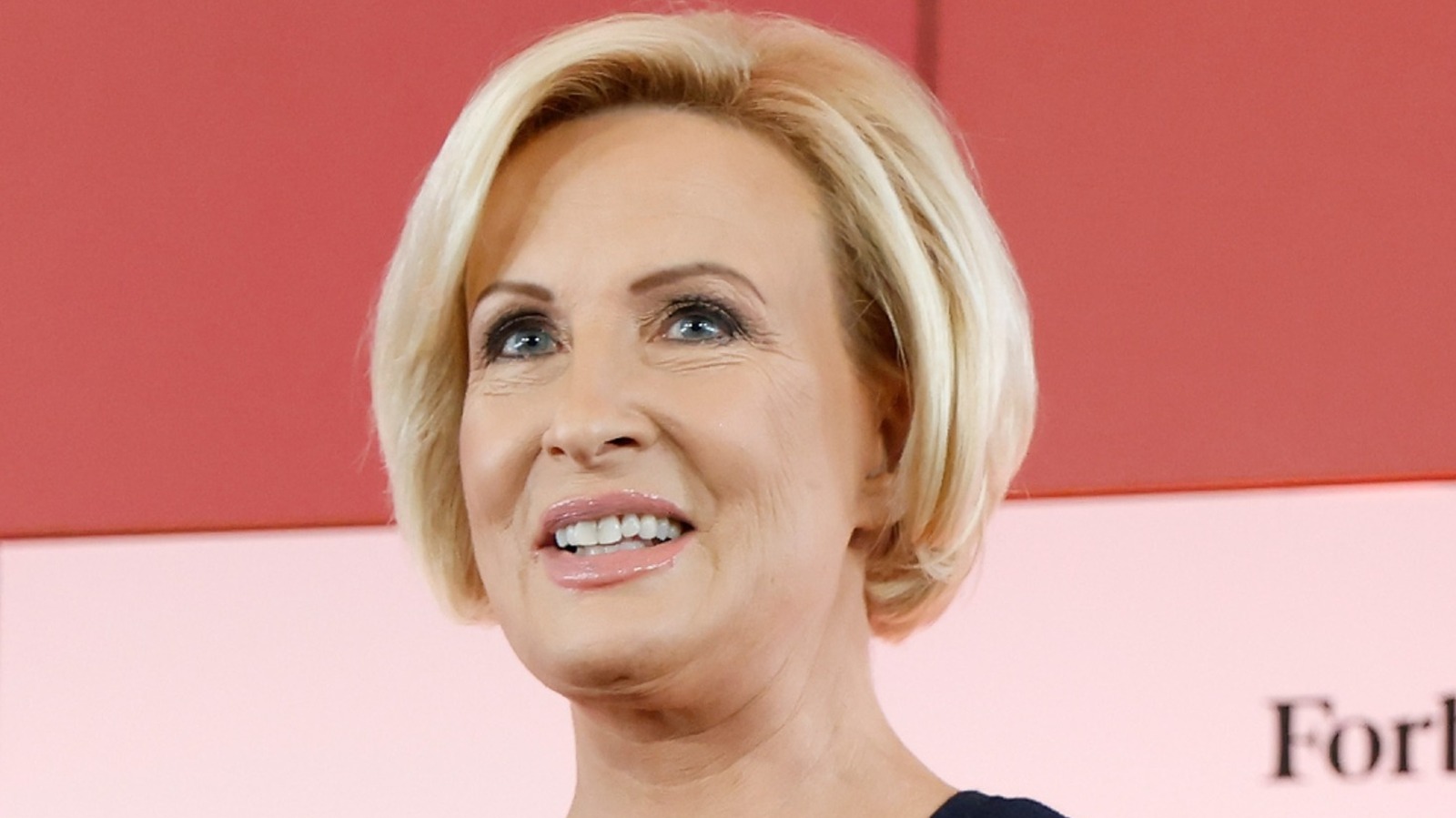Spandau Ballet's Martin Kemp has made a poignant admission about his life expectancy, revealing he believes he has only '10 years' left to live. The musician, who battled two brain tumours in his 30s, shared his stark prediction on his son Roman Kemp's podcast, FFS! My dad Is Martin Kemp.
When asked about his life expectancy, Martin candidly replied: "I'll be really honest with you, 10 years."
Reflecting on his past health scare earlier this year, Martin explained that he spent two years thinking he was going to die, but has since come to accept his fate and feels grateful for the life he has lived.
He said: "When I went through all of that brain tumour scare, I spent two years of my life thinking I was going to die. And I think, after that, everything else, every day, every year, every month that I've lived, every experience that I've had has been a bonus."
Martin, who continues to experience side effects from his health battle, including epilepsy, has learned to appreciate the life he has lived, saying: "It's really strange that when I was 34 and stuff and I went though that brain tumour stuff, I was practically resigned to the fact that I was going to die, but I was quite happy with my lot, because I had lived the most incredible experiences."
Benign brain tumours, which are non-cancerous growths, are classified as "low grade" by the NHS, indicating they grow slowly and have a lower chance of recurrence post-treatment, reports Surrey Live.
The importance of early detection for effective surgery and recovery is paramount, with an emphasis on recognising symptoms and warning signs.
Brain tumour symptoms can be diverse, as outlined by the NHS website, and depend on the specific area of the brain affected. Symptoms may not be immediately apparent or could develop over time.
They include headaches that differ from the usual type or increase in severity. It's recommended to see a GP if such headaches occur.
The NHS advises: "You may not have a brain tumour, but these types of symptoms should be checked."
Brain tumours can affect individuals of any age, including children, though they tend to be more prevalent in older adults. In the UK, there are over 12,000 new cases of primary brain tumours each year, with approximately half being cancerous.

Get the latest news sent straight to your messages by joining our WhatsApp community today.
You'll receive daily updates on breaking news as well as the top headlines across Scotland.
No one will be able to see who is signed up and no one can send messages except the Daily Record team.
All you have to do is click here if you're on mobile, select 'Join Community' and you're in!
If you're on a desktop, simply scan the QR code above with your phone and click 'Join Community'.
We also treat our community members to special offers, promotions, and adverts from us and our partners. If you don’t like our community, you can check out any time you like.
To leave our community click on the name at the top of your screen and choose 'exit group'.
If you’re curious, you can read our Privacy Notice.
While the causes of most brain tumours are still unknown, certain risk factors have been identified, including age, exposure to radiation, and genetic conditions like tuberous sclerosis, neurofibromatosis type 1, and neurofibromatosis type 2.
Treatment approaches for brain tumours vary based on factors such as the type of tumour, its position and size, as well as the overall health of the patient. NHS guidelines state: "Surgery is often used to remove brain tumours. The aim is to remove as much abnormal tissue as safely as possible. It's not always possible to remove all of a tumour, so further treatment with radiotherapy or chemotherapy may be needed to treat any abnormal cells left behind."
Get the latest celebrity gossip and telly news sent straight to your inbox. Sign up to our daily Showbiz newsletter here.






/cdn.vox-cdn.com/uploads/chorus_asset/file/24083660/STK171_L_Allen_Musk_02.jpg)
)
)
)










 English (US) ·
English (US) ·